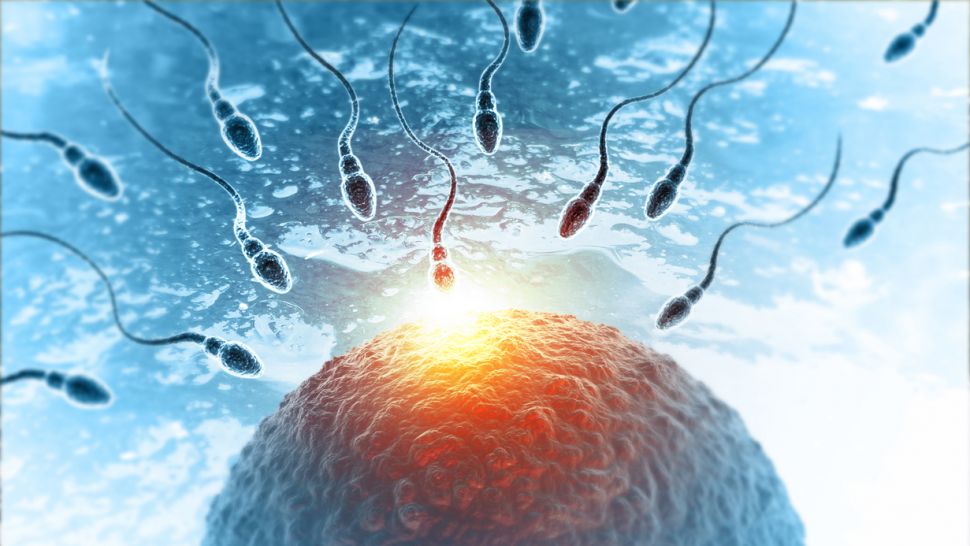In obesity, there is a disruption of the hypothalamus-pituitary-ovary axis and this leads to changes in the menstrual cycle, which are associated with a lack of ovulation and infertility. Adipocytes – fat tissue cells act as endocrine organ. Adipose tissue secretes numerous biologically active molecules called adipokines, which influence various molecular pathways related to insulin resistance, inflammation, blood pressure control, blood coagulation, differentiation, and oocyte maturation.
Obesity affects the quality of oocytes, as it disrupts the development of follicles, as well as leads to quantitative and qualitative changes in the maturation of oocytes. This leads to a reduced ability to fertilize the eggs, impaired division-meiosis of the oocytes, as well as changes in the mitochondrial metabolism, which does not allow the effective implantation of the fertilized egg. Excessive amounts of fatty acids in the bloodstream have a toxic effect on reproductive tissue and lead to long-term cellular damage and chronic low-grade inflammation in the body. These high concentrations of fatty acids cause cell damage due to the accumulation of free radicals, which causes programmed cell death in the follicles.
Fatty acids have a toxic effect on the cells of the already-formed embryo, as well as on the environment in the endometrium, which prevents its effective implantation and development. The constitutive ovarian reserve in women is not inexhaustible and the number of maturing eggs decreases with age. Obesity accelerates the depletion of the ovarian reserve and disrupts the proper development of eggs, which reduces the number of mature and functional eggs that can be released at ovulation. This hinders the possibilities of fertilization and the effective development of the fetus. Increased accumulation of visceral adipose tissue – in the area of the abdominal cavity is a leading factor that leads to changes in the menstrual cycle and irregular menstruation.
Obesity, by itself, even without being combined with high levels of male sex hormones, lowers the levels of gonadotropins, estradiol, and inhibin during the follicular phase. This highlights the suppressive effect of obesity on the production of these hormones. Increased body mass is associated with an increased risk of developing complications that can disrupt conception and the successful course of pregnancy. Obese patients have a lower rate of successful pregnancies and a higher rate of miscarriage. A high body mass index is associated with complications such as preeclampsia, gestational diabetes, and the risk of preterm birth.
